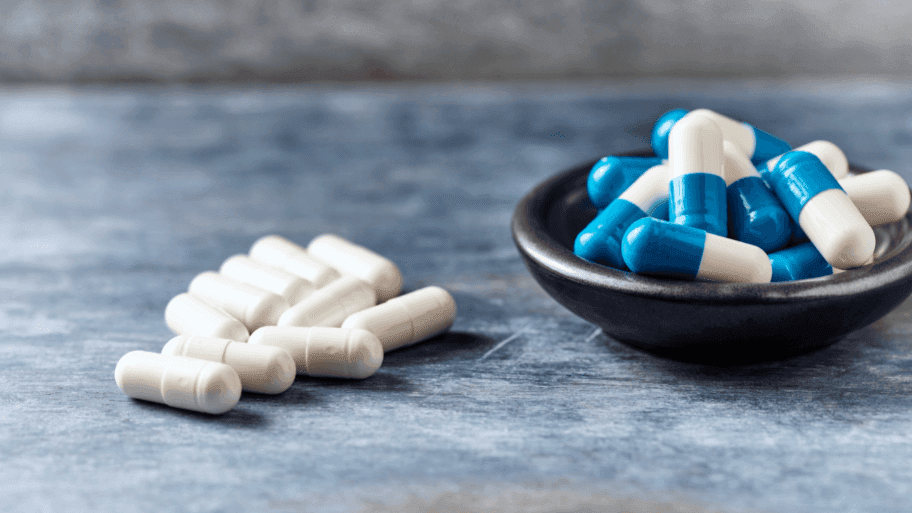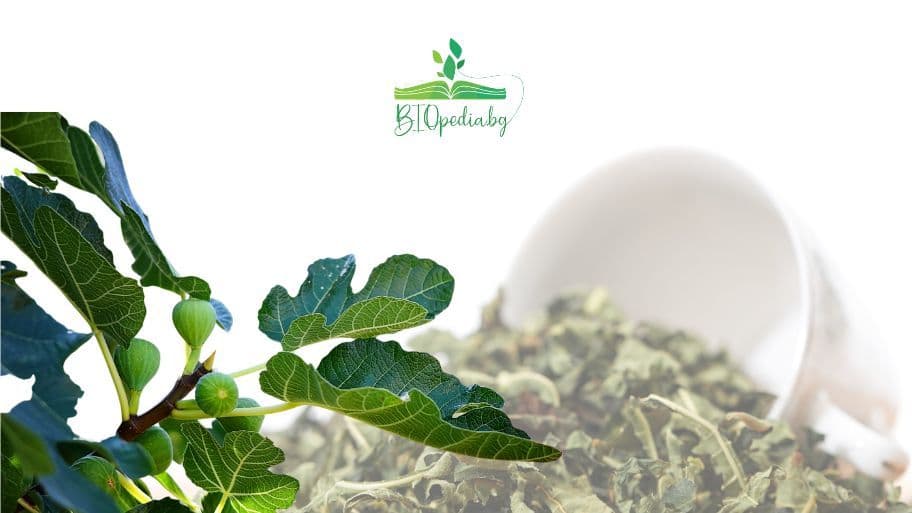The amino acid citrulline malate has been gaining popularity as a health and exercise supplement among many fans of a healthy and active lifestyle in recent years. This amino acid is produced naturally in the body and is found in some foods, but taking citrulline malate supplements increases its content in the body above normal levels, which may have some health benefits. While some people are convinced of this amino acid's effectiveness and health and physical activity enhancement benefits, others are skeptical. So in this article, we'll address everything you need to know about citrulline malate and whether you should take it in supplement form.
Citrulline malate - what is it?
Citrulline malate is one of the three dietary amino acids in the urea cycle (the other two being L-arginine and L-ornithine). Supplementation with citrulline malate increases plasma ornithine and arginine levels and improves ammonia recycling and nitric oxide metabolism. Therefore, citrulline may be useful in situations where nitric oxide is relevant, such as for better athletic performance, blood vessel health, and in erectile dysfunction. There are very few foods that have beneficial and significant amounts of citrulline malate, watermelon, for example, is a notable exception. This is why in most cases additional supplementation with citrulline malate is necessary, as it is almost impossible to obtain it through diet.

Citrulline malate - how does it work?
Citrulline supplements increase the levels of arginine in the body. Since arginine is the main substrate for nitric oxide synthesis, additional citrulline intake can indirectly increase nitric oxide production. In turn, given nitric oxide's role in vasodilation, mitochondrial respiration, calcium processing, and glucose uptake, greater amounts of nitric oxide may improve circulatory health and muscle function and reduce fatigue.
Citrulline Malate - Benefits
A significant number of studies have shown that consistent intake of citrulline slightly reduces blood pressure and slightly improves blood flow, especially in people with hypertension or other cardiovascular problems. Limited research suggests that citrulline supplementation, both short-term and long-term, can reduce chronic feelings of fatigue, increase strength, and improve endurance in both aerobic and anaerobic exercise. More research is needed on the potential effects of citrulline on erectile dysfunction, but a small number of studies suggest a beneficial effect of supplementation with this amino acid in this condition as well.

Citrulline malate - are there risks
Although the safety of long-term supplementation with high levels of citrulline requires further study, research to date suggests that it is well tolerated by most people. Unlike arginine and ornithine, high doses of citrulline do not appear to cause gastrointestinal distress.
Citrulline malate - in which foods can we find it
In addition to being produced in the body, citrulline is found in several foods. However, most foods have not been thoroughly analyzed for the content of this amino acid. Foods known to contain citrulline are:
- Watermelon
- Pumpkins
- Cucumber
- Melon
- Cranberries

Citrulline malate - what amount to take
Based on current research, the recommended dose is 3-6 grams per day of L-citrulline or approximately 8 grams per day of citrulline malate. The dose varies depending on the form, as 1.75 grams of citrulline malate provides 1 gram of L-citrulline. The remaining 0.75 grams is malate. Below are recommendations for specific uses:
- Weight training - Eight grams of citrulline malate provides about 4.5 grams of citrulline, an effective dose for performing weight training.
- Muscle Oxygenation - To improve muscle oxygen content, taking 6 or more grams of L-citrulline per day for seven days is sufficient.
- Blood pressure - To improve and control blood pressure, the daily dose of L-citrulline used in research is usually 3-6 grams per day. In addition, doses of 10 or more grams do not usually cause stomach upset, unlike other amino acids that are available in supplement form. An upset stomach is a surefire way to botch your workout, so it's good news if you're taking this supplement to boost the performance of the exercises you perform, whether cardio or weights. Citrulline is probably better tolerated by the stomach than other amino acids due to the differences in the way it is absorbed and processed by the body.





Comments